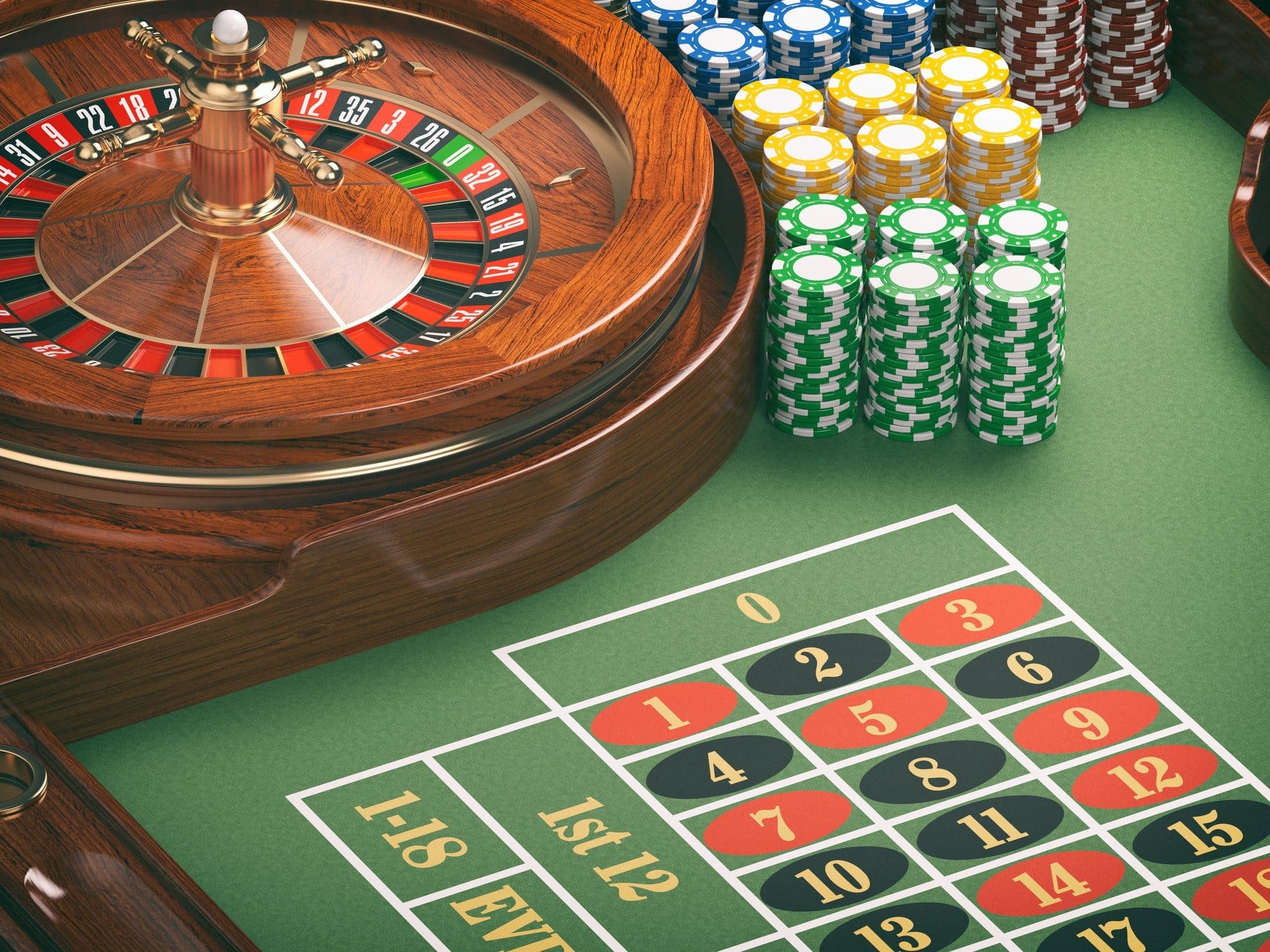
Casino games have fascinated gamblers for decades, pulling them into a universe of excitement, luck, and wealth. From the blinking lights of slot machines to the intense action of poker tables, these games offer a special blend of entertainment and risk. However, underneath the shiny exterior of this glitz and finesse lies a sophisticated interplay of mathematics that shapes every result and decision made within the gambling establishment.
Comprehending this relationship between casino games and mathematics merely enhances the playing experience but also can help players make knowledgeable decisions. Whether you are a recreational gambler or a passionate fan, recognizing the mathematical principles at play can offer important understandings into likelihood, probabilities, and tactics, eventually affecting how one deals with these games of chance.
Mathematical Likelihood in Gambling
In the world of casino activities, statistical probability plays a vital role in determining results and informing player choices. 78win Every game has a distinct set of regulations and a particular probability framework that affects its mechanics. For example, in games like roulette, players must grasp the probabilities of hitting a particular digit or color. The likelihood of specific events occurring can be calculated, and this understanding can substantially influence wagering tactics.
Gambers also need to be informed of the house edge, which is the mathematical benefit that casinos hold over players in the long term. This edge varies across different activities. In 21, expert players can use tactics to lower the casino advantage to as little as one percent, while in games like slots, the casino advantage can be significantly greater. Comprehending the casino advantage allows players to make informed choices about which activities to participate in and the amount to bet.
Additionally, likelihood is crucial in the principle of risk versus gain in betting. Each bet carries a particular risk level, and players must assess the possible return against that risk. Activities like the poker game require players to not only compute the chances of their personal showing winning but also to assess the probabilities of their rivals’ showings. By applying mathematical principles to their strategy, gamblers can enhance their odds of winning and participate more effectively in the exciting world of casino games.
Expected Value in Gambling Activities
When talking about gambling activities, one of the basic ideas rooted in math is the expected worth. This numerical metric assists players grasp the possible outcomes of their bets over time. In simple terms, expected value (EV) calculates the average amount a gambler can anticipate to gain or suffer per wager if they were to play the game repeatedly. Each activity has its unique EV, influenced by the odds and the casino advantage, which signifies the advantage that the casino holds.
For instance, think of a activity like roulette. The expected value can be calculated based on the particular bet made. If a gambler bets on a individual number, the return is 35 to 1, but the actual odds of winning that wager are 1 in 37 (in European the roulette game). This results in a detrimental expected value, indicating that, on the whole, players will incur a loss money over a period when playing this type of bet. Grasping this idea allows gamblers to make better informed decisions about which activities and wagers may be less advantageous.
Furthermore, the investigation of expected worth can lead to improved bankroll management. Gamblers who understand the math behind their activities are often able to set practical goals. By acknowledging their possible losses and profits, they can adjust their playing strategies accordingly, which may improve their total gambling experience. As a consequence, anticipated value serves as a crucial tool for both novice and experienced gamblers to steer through the frequently unpredictable nature of gambling activities.
Strategies and Probabilities: The Math Behind Winning
In gambling games, grasping the chances is vital for gamblers attempting to boost their opportunities of winning. Each contest has its own unique set of odds that determine successful results, and these numbers are often presented in the gaming rules or reward charts. For case, in games like 21, gamblers can boost their probabilities through strategies such as counting cards, which relies on arithmetic concepts to gain an edge over the establishment. By educating themselves with the odds, participants can make more knowledgeable determinations on when to place bets and when to quit.
Furthermore, the idea of expected outcome holds a significant function in gambling strategies. Expected value calculates the mean outcome of a stake over a period, allowing gamblers to assess whether a particular stake is justifiable taking. For instance, fruit machines have a specific return percentage, which can suggest the expected payout a player can look for on their stakes. Casino 78win By opting for games with higher average outcomes, players can lessen the house advantage, maximizing their potential returns in the long run.
In conclusion, successful participants often utilize a combination of luck and calculative tactics to enhance their gaming experience. While luck can’t be controlled, managing a betting strategy based on math insights can lead to more favorable outcomes. By employing techniques such as money management and choosing games, gamblers can utilize math to maneuver through the random nature of gambling activities, making the most of their investments and money at the gaming tables.
